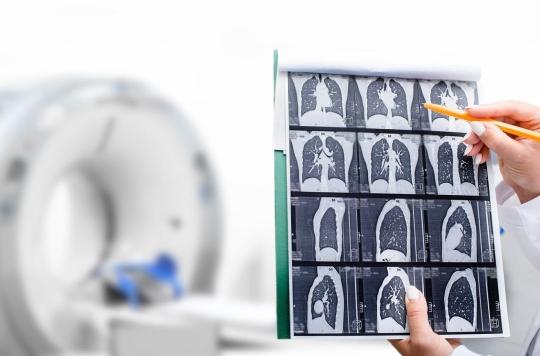The cancer plan 2 provides for the creation of nursing coordination positions to improve the management of “after cancer”, an ordeal that patients often find it difficult to get through.
The major challenges of the cancer plan 2 are presented by the National Cancer Institute (InCa) on October 7. The first plan (launched in 2003) focused on coordinating the hospital care pathway, with a flagship measure: the announcement consultation. Now, with the Cancer 2 plan, we are tackling the post-cancer period, a period that is often badly lived.
Marine Bureau-Kohn, who suffered from breast cancer.
Exit from the hospital circuit. Oncologists are well aware that this is a delicate period. But, they can’t do it all. Several healthcare networks have nevertheless tried to avoid this break between intensive care and returning home. The network in eastern Paris, for example, funded consultations with city psychologists. Health cures are also increasingly covered by social security. But, it remains very marginal… whereas it is capital for the patients.
Dr Marc Espié, breast cancer specialist at Saint-Louis hospital.
Creation of a nursing coordination post. We already know that post-cancer management is the priority of the 2009-2012 plan. Pr Dominique Maraninchi, president of INCa, even said he was in favor of the creation of exit consultations, as there were the announcement consultations. Certain measures, recommended by Prof. Jean-Pierre Grünfeld, the author of the preparatory report on the second plan for cancer, also have a good chance of being repeated. For example, we could create a directory by department of professionals trained in this care, such as dieticians, psychologists, or even sexologists. It sounds anecdotal but it is useful.
Dr Daniel Serin, oncologist in Avignon
TO Institut Curie, we are taking the lead. They have just inaugurated the “consultation entry into surveillance”. From today, patients who have completed their treatment for breast cancer will be informed of the medical follow-up over the next 10 years. A follow-up that will be provided by both the oncologist and the attending physician.
.















